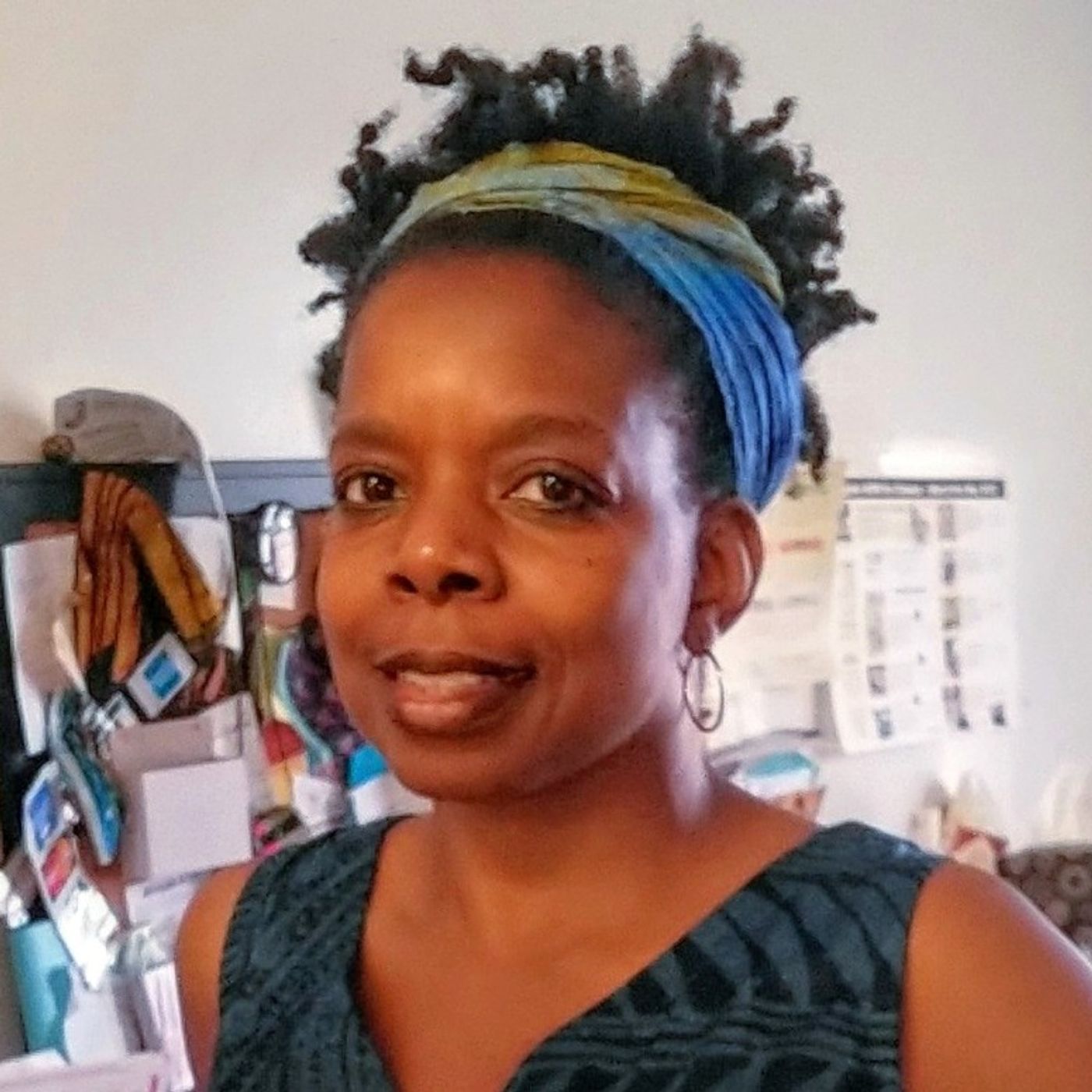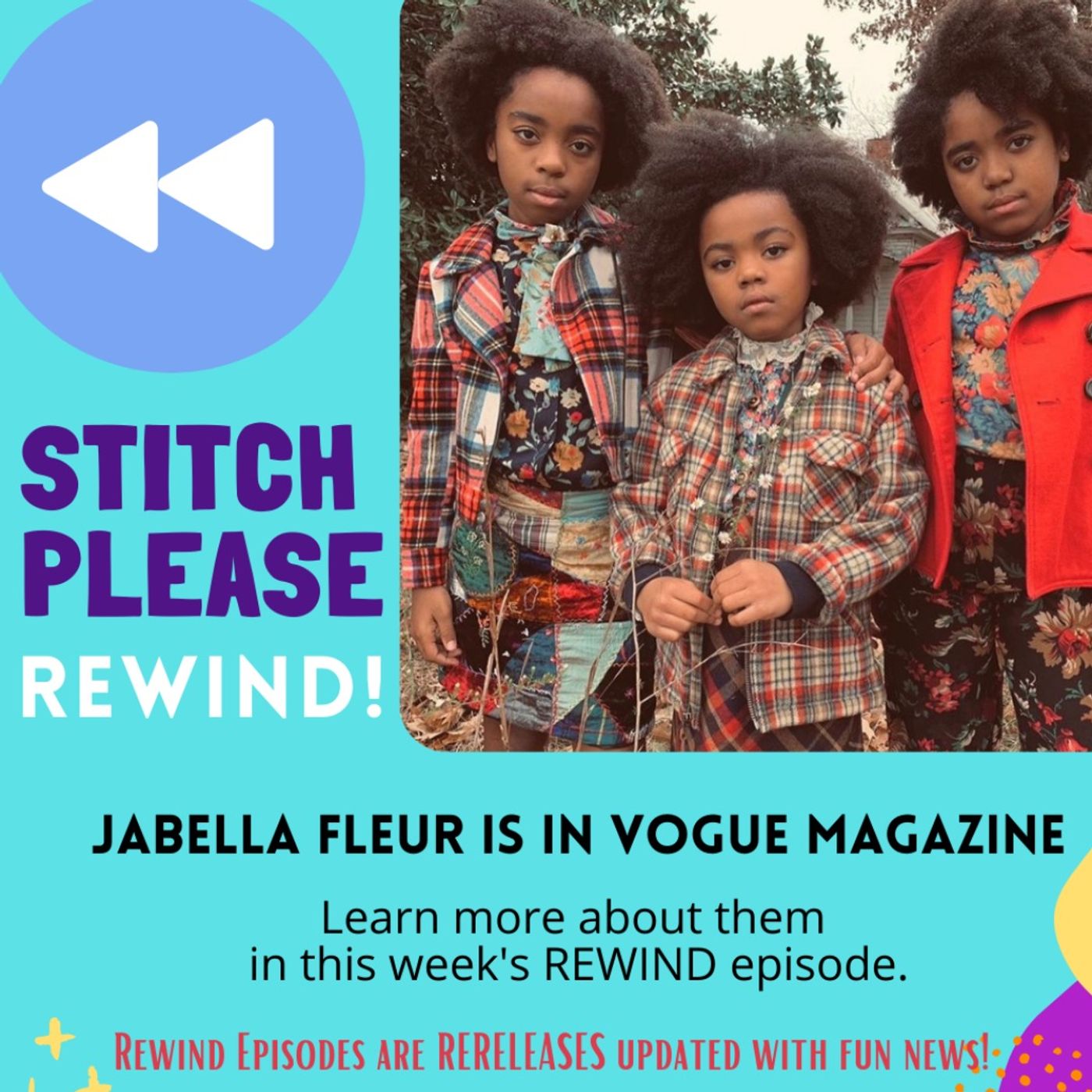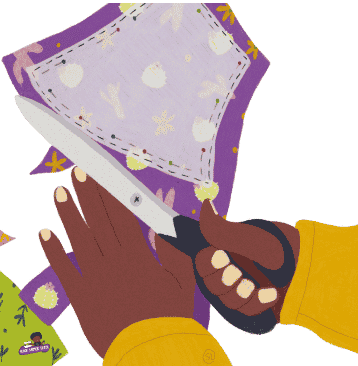Ways to support the Podcast and Black Women Stitch
Make a one-time donation here at our Act Blue site
Sustained financial support also appreciated here: For as little as $2 a month, you can join our Patreon
FREE SUPPORT Is also appreciated. Please rate, review, subscribe to the podcast. Tell a friend to do the same!
Learn more about Rashida!
Her first book, I Love Patchwork, was published by Interweave press in Fall 2009 and was awarded the 2010 PubWest Book Design Bronze Medal in the How-To/Crafts category. Her second book, Zakka Style, was published by C&T Publishing in Fall 2011and was the 2012 International Book Awards winner in the Crafts/Hobbies/How-to category.
Rashida's work has been featured on notable design and craft blogs, magazines and books such as:
Blogs
Apartment Therapy
Decor8
Design Sponge
Print and Pattern
Makezine
Magazines
Mollie Makes
ReadyMade
Stitch
SewNews
Books
Print and Pattern: Geometric
Color and Pattern: 50 Playful Exercises for Exploring Pattern Design
The Cotton + Steel Coloring Book
Signature Styles: 20 Stitchers Craft Their Look
Block Party - The Modern Quilting Bee
Sign up for the Black Women Stitch quarterly newsletter
Check out our merch here
Leave a BACKSTITCH message and tell us about your favorite episode.
Join the Black Women Stitch Patreon
Check out our Amazon Store
Stay Connected:
YouTube: Black Women Stitch
Instagram: Black Women Stitch
Facebook: Stitch Please Podcast




